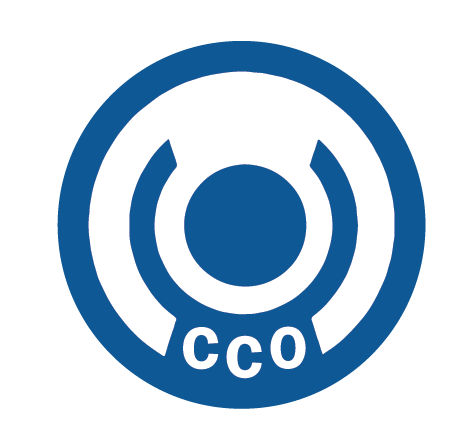Communities Creating Opportunity spoke with Phil Glynn, President of Travois in Kansas City, Missouri, about how and why his company supports economic dignity for its workers -- and why other companies should do the same.
CCO: Travois spurs housing and economic development in First Nation communities: American Indian, Native Alaskan, and Native Hawaiian. Tell us a bit more about what that looks like and why it's important to you.
Glynn: We identify change agents working in Native communities. We support them as they lead a community organizing process to build consensus for a new development. This could be a business that creates family-wage jobs, infrastructure that is resilient to a disrupted climate, or housing that helps stabilize families. Once the community is united around an idea, we bring private investors to the table to close project gaps. We are a for-profit, mission-driven family business. Our model helps us move at the speed of the market. Our board, our founders, and our partners across Indian Country keep us anchored to our mission.
CCO: Some readers may be curious: Why Kansas City? Why is Travois here rather than elsewhere?
Glynn: Travois is a family business. From 1995-2006, Travois employees worked in offices around the country. Around 2006, our founders (my in-laws) started looking for locations to centralize to gain efficiencies and bring everyone together. Our CEO Elizabeth Bland Glynn (my wife) and I had put down roots in KC. I grew up here and Elizabeth fell in love with the place after college. I could go through all of the things that make KC a great place to grow a business -- central location, good cost of living, access to passionate and skilled talent. But the truth is, Elizabeth and I had the first grandchild, which forced my in-laws to start spending time here. Once they did they saw what I have seen my entire life. This is a great community with great energy where positive things can happen.
CCO: We hear Travois pays its own employees a living wage. What's your philosophy behind that?
Glynn: We want our employees focused on making a positive impact in the Native communities where we work. Paying a living wage, offering quality benefits, and supporting employees’ ongoing education are all a part of that. If you are worried about paying your bills, if you are unable to attend a child’s school play, or if you are unable to take time to care for a parent who is ill, where will your focus be? We have seen that when we invest in our people that investment pays off in big ways for our clients, investors, and our company.
CCO: Elaborate on how a living wage pays off for your company. You're a small business, with a staff of about 40. A common sentiment is that a decent wage kills small businesses: you can't afford to hire more workers, you can't properly invest in other areas of the business because you have to devote so much money to labor, and so on. Isn't paying a living wage holding Travois back?
Glynn: From a business point of view, motivated, devoted, creative employees are your most valuable asset. You have to invest in your most important asset if you want to succeed. Looking at people as a cost is a narrow, old-fashioned way of assessing things. Employee compensation is an investment. When you invest in your business you see returns in the form of lower turnover costs, happier customers, and new opportunities.
CCO: In August there will be a $15 minimum wage on the Kansas City ballot. Do you support this measure?
Glynn: Yes. A $15 minimum wage puts more money in workers’ pockets that will circulate in our local economy. Communities grow by attracting talented people and new job creation follows talented people. I want Kansas City to be in a race to the top to be the best place in the region to live and work. Setting a minimum wage at a level that recognizes what it takes to raise a family and live with dignity is critical to that effort.
CCO: Just a couple more questions. You mentioned helping employees continue their education? And is it true you help with childcare as well?
Glynn: Travois assists employees with completing degrees that will help them succeed in their careers and their lives. Anything we can do to help our people accomplish their goals will contribute to our goal of being the best company we can be. When we invest in our people they invest in us. When it comes to childcare we have seen firsthand that there is a dearth of affordable, accessible early childhood care and education options. We did not want access to or affordability of child care to be a barrier to anyone working for Travois. We provide and subsidize daycare for the families of employees. We also recruit early learning educators whom we pay a livable wage. We encourage them to bring their children with them to work, which creates strong bonds among our childcare providers, employees, and children.
CCO: A company with its own daycare sounds pretty unique. How common is that in Kansas City, any idea?
Glynn: We certainly see it as a differentiator. There are larger organizations that offer daycare, but we are an example that small businesses can make it work too. We want to attract and retain the best people from the Kansas City area and nationwide. One thing we seem to hear from everyone, however, is how difficult it is to find accessible, affordable childcare. We are certainly not the only company that does this, but I think if more did they would find it is an incredible retention advantage.
CCO: Thank you for your time, Mr. Glynn.


